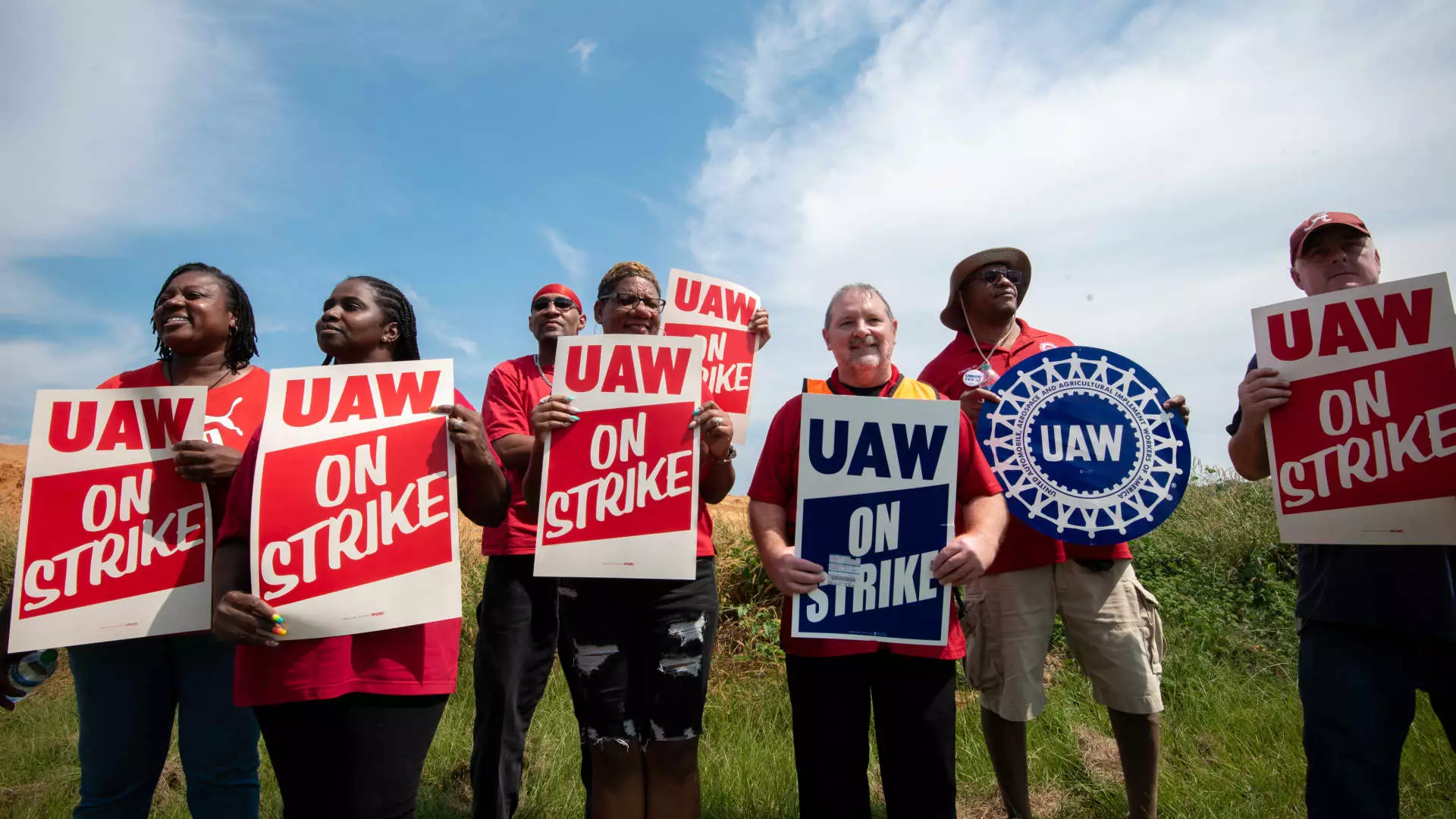The recent vote by Mercedes-Benz workers in Alabama against union representation by the United Auto Workers (UAW) comes as a blow to the organizing efforts of the Detroit-based union. Despite a month earlier celebrating a successful organizing drive at a Volkswagen plant in Tennessee, the UAW faced a setback with 56% of the Mercedes-Benz workers rejecting the union, according to the National Labor Relations Board (NLRB).
High Voter Turnout
It is noteworthy that more than 90% of the 5,075 eligible Mercedes-Benz workers participated in the election, indicating a high level of engagement within the workforce. The fact that 51 ballots were challenged and not counted shows that both sides took the election seriously and wanted to ensure a fair process.
Implications for the UAW
The loss at Mercedes-Benz is expected to impact the UAW’s ambitious organizing drive, which aimed to reach 13 non-union automakers in the U.S. The union had been riding high on the heels of successful contract negotiations with major automakers like Ford, General Motors, and Stellantis, securing significant wage increases and other benefits for its members. However, the rejection at Mercedes-Benz demonstrates the challenges that the UAW faces in expanding its reach.
The vote at Mercedes-Benz was anticipated to be more challenging for the union compared to the Volkswagen plant in Tennessee, where the UAW had previously attempted to organize without success. The Tuscaloosa plant, where Mercedes-Benz vehicles are produced, has a long history of manufacturing cars and SUVs for the U.S. market, making it a key battleground for labor relations.
The NLRB revealed that there have been multiple unfair labor practice charges filed by the UAW against Mercedes-Benz, including allegations of disciplinary actions against employees for discussing unionization, surveillance of workers, and other anti-union activities. These allegations raise concerns about the treatment of workers who advocate for union representation and the challenges they face in exercising their rights.
Continued Struggle
The rejection of the UAW at Mercedes-Benz serves as a reminder of the ongoing struggle for workers’ rights and fair labor practices in the automotive industry. Despite setbacks, labor unions like the UAW remain committed to advocating for their members and seeking to improve working conditions and wages for all workers.
The vote at Mercedes-Benz reflects the complexities of labor relations in the auto industry and underscores the challenges faced by unions in organizing new workplaces. The outcome of this election will have ripple effects across the industry and could shape future labor negotiations and organizing efforts.

